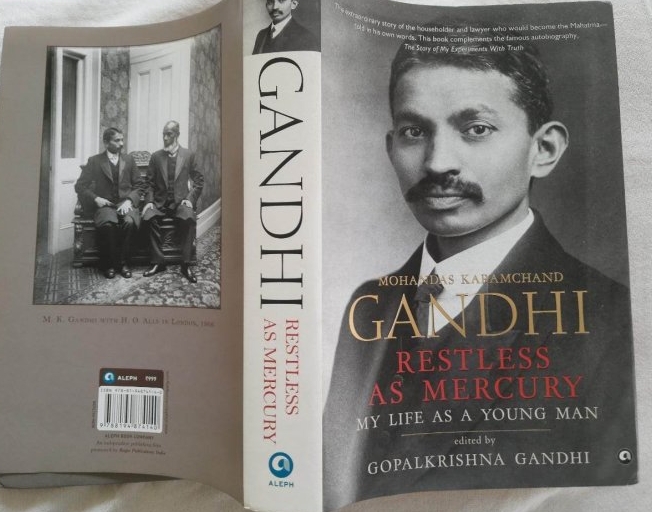Mahatma Gandhi is a name that will forever be etched in the annals of history as one of the greatest leaders the world has ever known. His autobiography, “The Story of My Experiments with Truth,” sheds light on the life and philosophy of this renowned figure.
Early Life and Influences
Gandhi was born in 1869 in Porbandar, India, and grew up under the influence of his devout Hindu mother. He was greatly inspired by the teachings of nonviolence, compassion, and integrity.
Journey to South Africa
Gandhi’s life took a turn when he moved to South Africa to work as a lawyer. It was here that he first experienced discrimination and injustice based on race, which ignited his passion for fighting against oppression.
The Birth of Satyagraha
During his time in South Africa, Gandhi developed the concept of Satyagraha, or passive resistance. This became the cornerstone of his philosophy, emphasizing the power of truth and nonviolent resistance in bringing about social change.
Return to India
Gandhi returned to India in 1915 and became a prominent figure in the country’s fight for independence from British colonial rule. He led numerous nonviolent campaigns, including the famous Salt March, which ultimately led to India gaining its independence in 1947.
Legacy and Impact
Gandhi’s legacy continues to inspire people around the world to this day. His teachings on nonviolence, simplicity, and selflessness have left an indelible mark on countless individuals and movements for social justice.
In conclusion, Gandhi’s autobiography provides invaluable insights into the life and philosophy of a truly remarkable leader. By understanding his experiences and principles, we can strive to embody the same values of truth, compassion, and nonviolence in our own lives.
